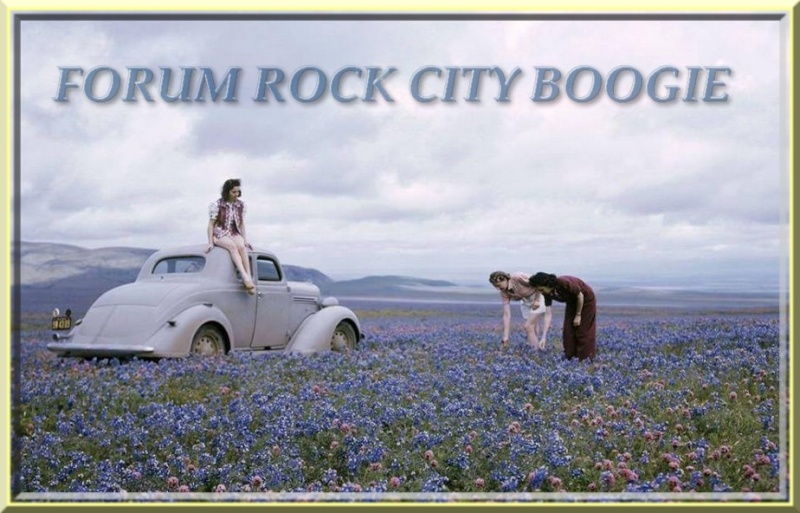John Carter Cash shares the Man in Black he knew
Posted on October 20, 2011 by Peter Cooper “I think of my father as a laughing man,” says John Carter Cash, who seems not to process that his father is
the late Johnny Cash, the serious-looking “Man in Black” who glowers from the covers of some of the greatest
country music albums ever recorded.
“I know a lot of people see him as a staunch, dark figure,” says John Carter. “And maybe the darkness is the
thing that leads a lot of people to him. But his humor is one of the most important aspects of who he was, and
that’s been sadly overlooked. My dad was sometimes downright goofy, in a good way.”
Right, Johnny Cash was goofy. Also, Little Jimmy Dickens plays power forward on the Vanderbilt basketball
team and drives to the hoop with authority.
“It’s in my book,” says John Carter, who apparently doesn’t realize that his latest book contains nothing at all
about Little Jimmy Dickens’ basketball acumen. The book is called House of Cash: The Legacies of Johnny
Cash, My Father, and it includes a slew of previously unpublished photos, notes, lyrics and musings from the
elder Cash, the serious-looking “Man in Black” who is seen in these pages ... let’s see ... jumping into a
jacuzzi while fully dressed, posing with an ATM card in his mouth, impersonating Elvis Presley and eating cake
with frosting smeared across his face like clown makeup.
The Goof in Black? Well, only sometimes. House of Cash is the son’s successful attempt to offer a more
rounded version of his father than is commonly understood. There are letters written from rehabilitation
centers and there are love notes to wife June Carter Cash. There are professional-quality photographs taken
by Johnny Cash, and plenty of amateur but illuminating photos of him. It’s a book that allows plenty of
glimpses of a Cash more complicated, more interesting and more human than all those severe album covers
could suggest.
“My father was a far more diverse man than the general public or even his fan base understands,” John
Carter says. “I wanted to show the range of his creativity. I wanted to share with the world that he was a
photographer, an artist, a poet beyond the songwriting and a lot more.”
Shared strugglesSome of what is shared involves addiction. There’s a facsimile of a 1983 father-to-son letter from the Betty
Ford Center, with an arm band attached, tagged “William H. Overton”: He’d checked into the Eisenhower
Medical Center under that name before being admitted at Betty Ford.
“John Carter, this cut arm band is a symbol to you that I have cut the old bad habits,” Cash wrote. “... Have a
wonderful Christmas, and take care of Mama.”
Of course, he hadn’t cut the old bad habits, at least not permanently. While the Walk the Line movie suggests
a nifty, late 1960s resolution and a cessation of struggle and turmoil, Johnny Cash was clear in his own
memoirs that his struggles were of the lifelong variety, and House of Cash doesn’t skirt any of those issues.
John Carter also writes of his own addictions.
“It’s all in the family, right,” he says. “People in all families struggle, and in our family those things are in the
limelight. My parents’ lives were an open book, with few secrets. They weren’t afraid to show the places they
fell short, and in this book, I didn’t go anywhere that I didn’t feel they would have gone themselves. I
weighed the balances, and I think the final message that is delivered is about the triumph of faith, not about
addiction and pain.”
Revealing details
To every possible extent, John Carter Cash has become a caretaker of his parents’ legacies. He offers green
lights or red lights for those seeking to use the Johnny Cash name and image, and his 2007 Anchored in
Love: An Intimate Portrait of June Carter Cash, was a book-length rumination on his mother’s remarkable story.
“Most of us in the shadow of a great person or persons, or whole family in my case, have struggled with
questions of ‘Who am I? What is my point, separate from my family?’ ” he says. “In my early life, it almost
felt like it had to be a competition. But this heritage of my family, when I figured out I couldn’t escape it, I
decided to embrace it. And I learned to respect and embrace my family. When I was younger and someone
would say, ‘I love your dad,’ I’d think, ‘You don’t really know my dad.’
Now I just say, ‘Man, I love his music, too. He’s amazing.’ ”
Often, famous people seem less amazing once you learn the mundane details of their lives. When Justin Tubb,
son of Country Music Hall of Famer Ernest Tubb, was a boy, people would say to him, “I guess Ernest Tubb is
your hero.” And young Tubb would reply, “No, Hank Williams is my hero. Ernest Tubb is the man I see around
the house every day in his underwear.”
House of Cash is short on underwear shots, but it’s filled with non-epic details, with handwritten Valentines, a
soy grit bread recipe, and others of what John Carter calls “the simple defining characteristics that made up
the man.” In the end, the small stuff reveals Johnny Cash as a bigger, more mysterious and more captivating
presence than we might have supposed. Turns out the Man in Black is even more amazing when viewed as a
man in full.
Source : HERE





